Think where man's glory most begins and ends, and say my glory was I had such friends
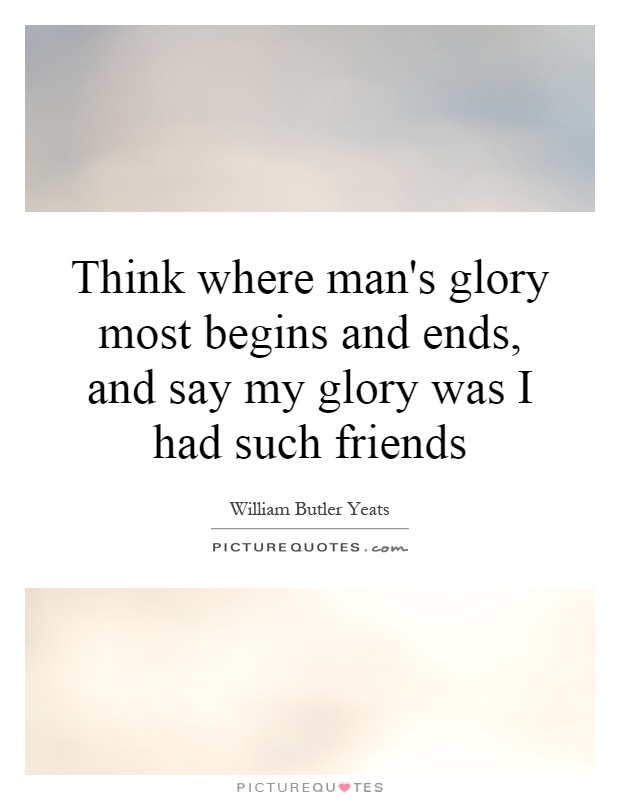
Think where man's glory most begins and ends, and say my glory was I had such friends
William Butler Yeats, one of the most celebrated poets of the 20th century, was known for his profound insights into the human condition and the complexities of relationships. In his poem "The Municipal Gallery Revisited," Yeats reflects on the importance of friendship and the impact it has on one's life. The line "Think where man's glory most begins and ends, and say my glory was I had such friends" encapsulates the essence of Yeats' belief in the power of friendship.For Yeats, true glory does not come from material wealth or fame, but from the connections we forge with others. He understood that the relationships we cultivate throughout our lives are what truly define us and give meaning to our existence. In the poem, Yeats is surrounded by the portraits of his friends in the municipal gallery, and he is filled with a sense of gratitude for the impact they had on his life.
Yeats' own life was marked by deep and meaningful friendships with fellow writers, artists, and intellectuals. His close relationship with the poet Ezra Pound, for example, was instrumental in shaping his poetic style and vision. Yeats also had a profound friendship with the playwright Lady Gregory, with whom he co-founded the Abbey Theatre in Dublin. These friendships not only enriched Yeats' personal life but also influenced his work as a poet and playwright.
In the context of Yeats' own life and work, the line "Think where man's glory most begins and ends, and say my glory was I had such friends" takes on a deeper significance. Yeats understood that the true measure of a person's greatness lies in the quality of their relationships and the impact they have on others. His own glory, he believed, was not in his literary achievements or accolades, but in the friendships he cultivated and the connections he forged with others.

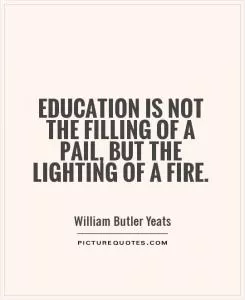
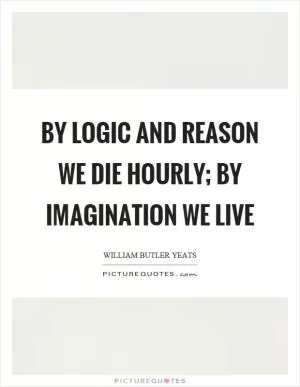


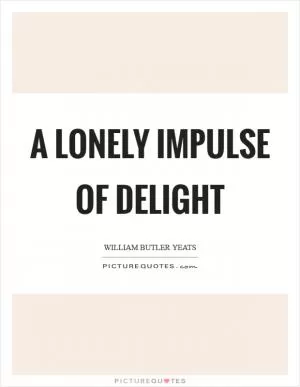
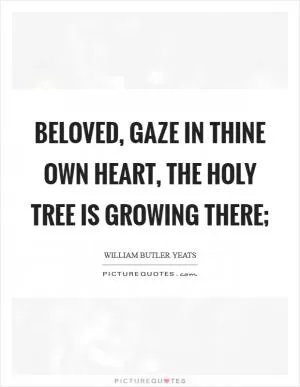
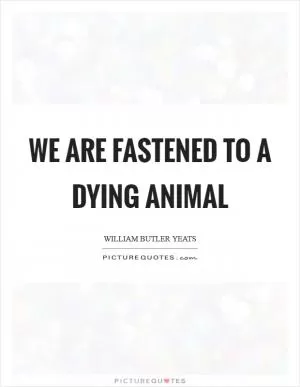
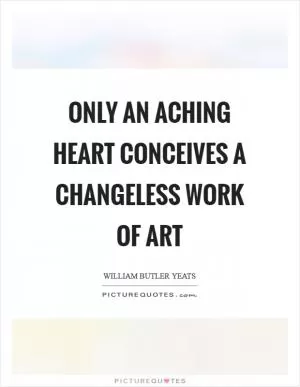

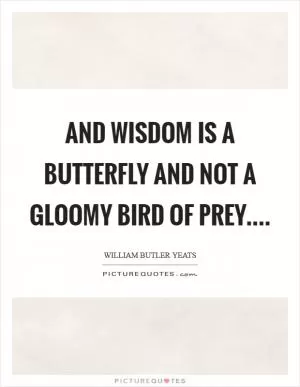

 Friendship Quotes
Friendship Quotes Love Quotes
Love Quotes Life Quotes
Life Quotes Funny Quotes
Funny Quotes Motivational Quotes
Motivational Quotes Inspirational Quotes
Inspirational Quotes